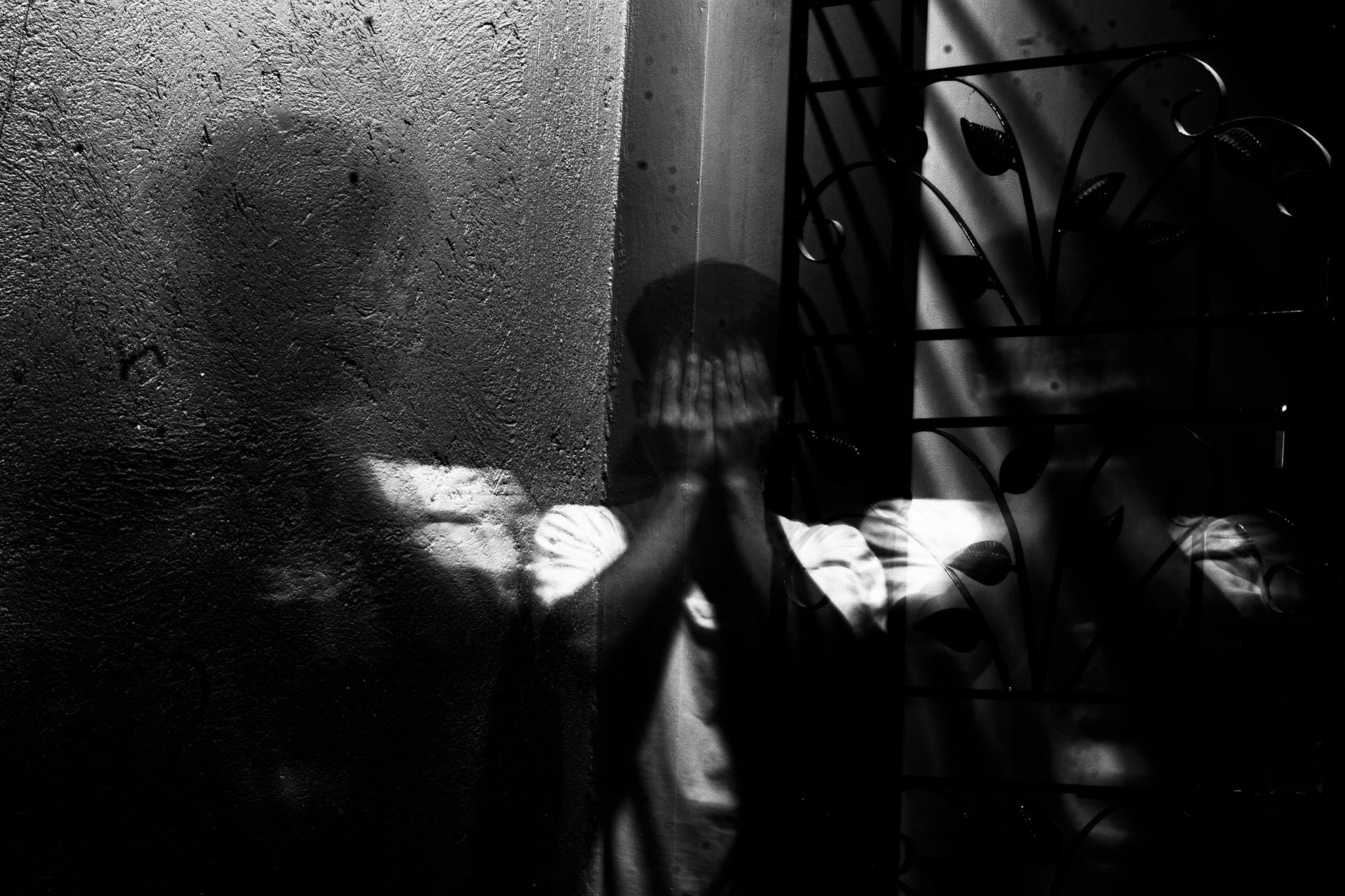
It wasn’t too long ago that I saw something on Instagram that caught my attention. It was a post by an old college classmate of mine which said something along the lines of, “If you are ever feeling low, if you have something on your mind, please reach out to me and we can talk about it.” Now that post irritated me and I guess it’s just my anger issues cropping up but nonetheless, that post was thought provoking and I am here to tell you why.
I have had my fair share of mental health issues and I continue to work on them. I seek therapy often and I find that it helps me recognize and resolve the many issues that I face. And I want to stress on the important role therapy plays in deciphering, recognizing and resolving many mental health concerns and I want to make this clear, if you have issues that you find overwhelming, please visit a registered therapist and seek professional help. Do not fall prey to social media posts where untrained, attention seeking netizens claim to be there to help you. They have no idea what they are doing and more importantly you are confiding your deepest fears with them and this kind of granular personal information needs to be handled securely by a professional and not someone who puts up a post (unless they are from the professional background).
Therapy involves a lot of confidentiality and a lot of work. People who are not trained will not be able to handle such sensitive information nor have the right tools to efficiently protect your data. Many times speaking to untrained people can seem like a futile exercise and may add to the stress that you are facing. Those who think they can resolve people’s issues by declaring via social media that they are available to lend an ear – until and unless you are a trained health professional, don’t try to “resolve” someone’s mental health issues without proper training and experience. This could also be stressful personally. I would compare such a situation to giving a monkey the responsibility of maintaining a nuclear reactor, it is bound to cause a meltdown and if Chernobyl is anything to go by then there is no coming back from it.
I understand that mental health comes at a very steep price and these prices render it unaffordable for the majority of people and with stigma surrounding therapy you might feel like you do not want to seek help and put tags on your issues such as depression or anxiety but trust me a therapist is better suited to understand and resolve the issues that you face at the earliest and there are many pocket friendly ways in which you can seek professional help in your country.
I understand that it is a tough time and you don’t have to look too far for help.
Writing your thoughts helps with relaxing and slowing the mind.
Please Note: When you do not want Whj Online to post your articles, use the title “Do Not Publish: <<your title here>>”.





